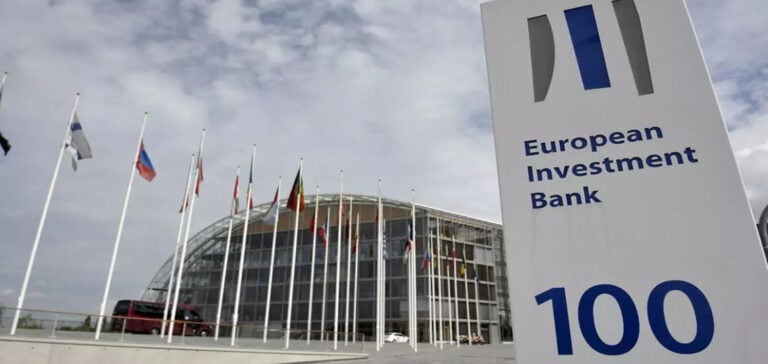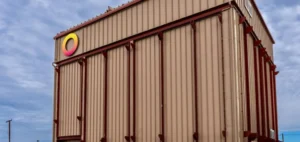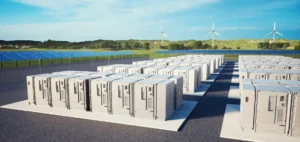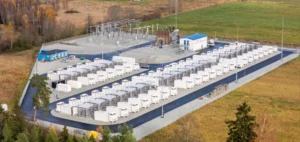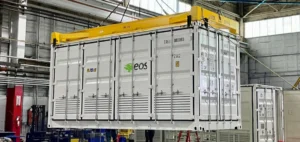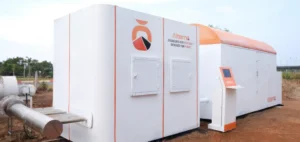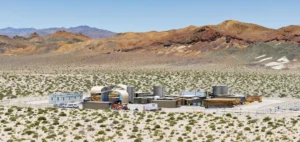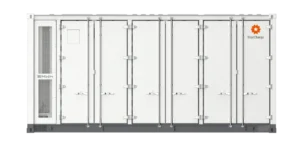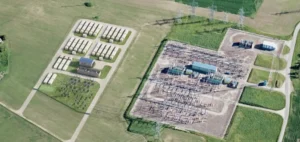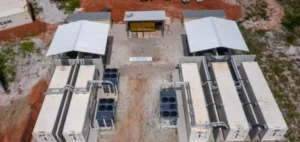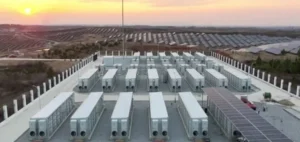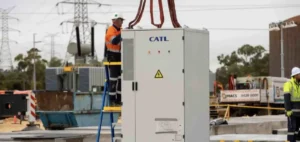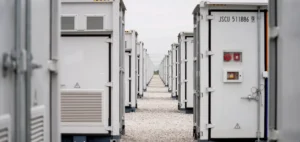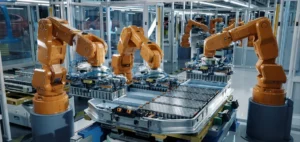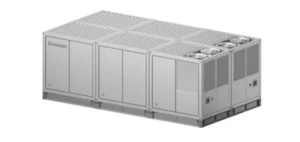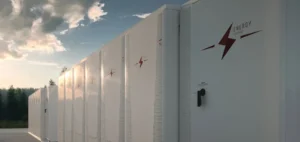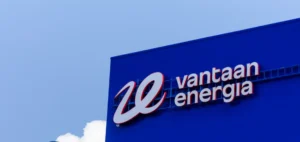An ISB investment in the AESC Gigafactory led by Automotive Energy Supply Corporation has been announced for 2025. This investment comprises two key operations.
Investment details
The European Investment Bank (EIB) will provide 337.2 million euros in direct loans to the project, as well as 112.8 million euros in indirect loans to participating commercial banks. This initiative aims to support production capacity for electric vehicle batteries in Europe.
The gigafactory at Douai is designed to have a production capacity of 9 GWh in its initial phase. It will be able to power around 200,000 electric vehicles a year. However, this is just the beginning, as the Douai site is planning three future expansions, taking its capacity to an impressive 24 to 30 GWh per year by 2030.
This large-scale project represents a total investment of 1.3 billion euros for the first phase of development. In addition, around 1,200 direct jobs are expected to be created over the next three years, with the potential to reach up to 3,000 by 2030.
Impact on the automotive industry
Batteries produced in Douai will equip Renault ECHO (new R5) and 4Ever models. However, in future phases, the Gigafactory will also be able to supply other carmakers and manufacturers with electric batteries, which promises to revolutionize the automotive sector.
The transition to clean mobility
The Gigafactory project is in line with the EU’s clean mobility objectives. To achieve a green transition and carbon neutrality in line with the European Green Pact by 2050, Europe needs to significantly increase its “Made in EU” battery production capacity.
Thanks to this strategic investment, EIB will make a significant contribution to Europe’s transition to a low-carbon economy, strengthening its industrial sovereignty and helping to transform the automotive sector.
The company behind the Gigafactory
Automotive Energy Supply Corporation (AESC) is a global player in the development and manufacture of high-performance batteries for electric vehicles. AESC is already present in a number of countries, including the United States, the United Kingdom, Spain, China and Japan. With this first plant in France, the Group will increase its production of batteries for European automakers, accelerating the sector’s transition to competitive low-carbon mobility solutions.
For Matsumoto Shoichi, CEO of AESC, this investment represents an opportunity to reindustrialize the region in a low-carbon way, create new high-value-added jobs and provide access to cutting-edge technology.
Comments from the parties involved
Ambroise Fayolle, EIB Vice President, emphasizes that this investment contributes to Europe’s capacity to produce electric batteries. The aim is to respond to the climate emergency and boost the competitiveness of its automakers.
Paolo Gentiloni, European Commissioner for Economic Affairs, adds that this investment supports the EU’s climate objectives. It also creates jobs and promotes sustainable growth.
Further information
The EIB, created in 1957, is the long-term financing institution of the European Union. It encourages the development of new technologies to meet the challenges of the energy transition. AESC is a world leader in high-performance batteries for electric vehicles.
This project is part of the InvestEU program, which mobilizes public and private funds to support sustainable recovery, and contributes to EU priorities such as the European Green Pact.
The European Investment Bank is committed to supporting the transition to a low-carbon economy. It also strengthens Europe’s capacity to produce electric batteries to meet the challenges of climate change. This major investment opens up new prospects for the European automotive industry and helps shape the future of clean mobility.


